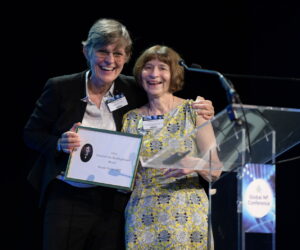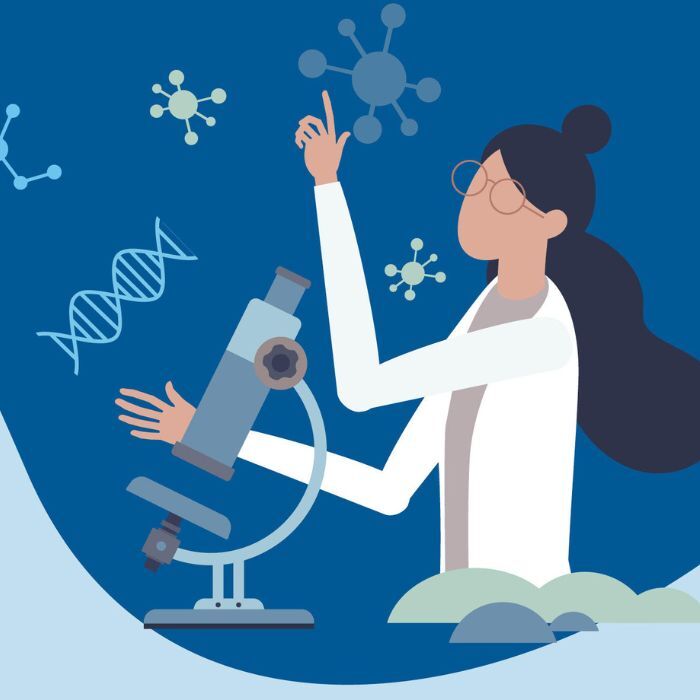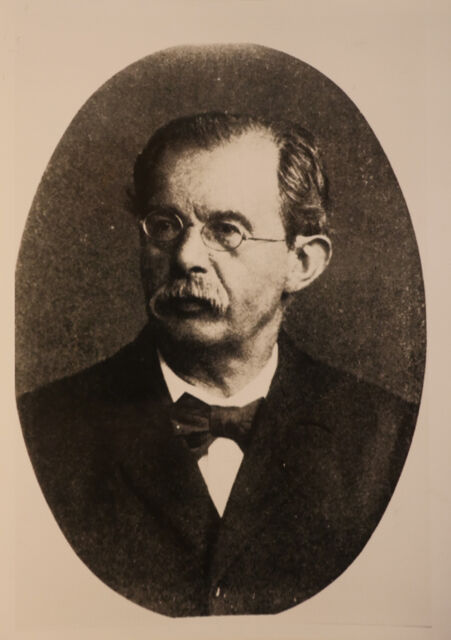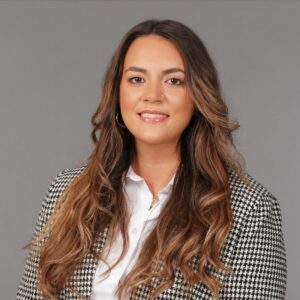2024 Friedrich von Recklinghausen Award Recipient Rosalie Ferner, MD
 It is with great pleasure that the Children’s Tumor Foundation announces Rosalie Ferner, MD, consultant neurologist of Guys and St. Thomas NHS Foundation Trust London (GSTT), UK, as the recipient of the 2024 Friedrich von Recklinghausen Award.
It is with great pleasure that the Children’s Tumor Foundation announces Rosalie Ferner, MD, consultant neurologist of Guys and St. Thomas NHS Foundation Trust London (GSTT), UK, as the recipient of the 2024 Friedrich von Recklinghausen Award.
After an early academic career studying modern languages, Dr. Ferner shifted gears and studied medicine. Hence, she has spent her lifetime dedicated to improving the lives of those afflicted with neurofibromatosis and schwannomatosis. Dr. Ferner has consistently demonstrated all the considerable attributes and accomplishments that make her a most worthy awardee.
Dr. Ferner established and has been the national lead for the nationally commissioned NF1 service in the UK since 2009 and was the lead for the London NF2 service from 2010 to 2015. In these roles, she has been a passionate champion for patients with all forms of neurofibromatosis and schwannomatosis but has had a particular impact in the field of NF1. She is a clinician’s clinician—skilled, precise, compassionate, creative, and dedicated.





